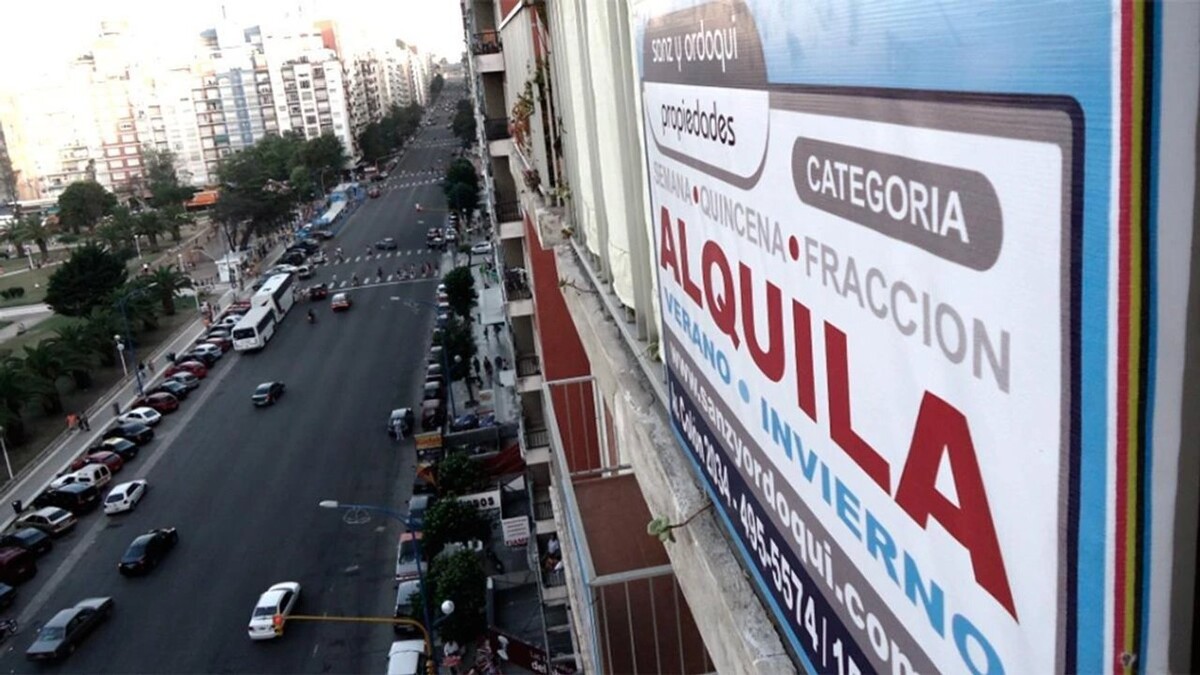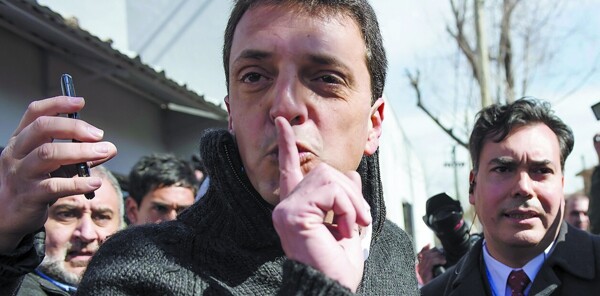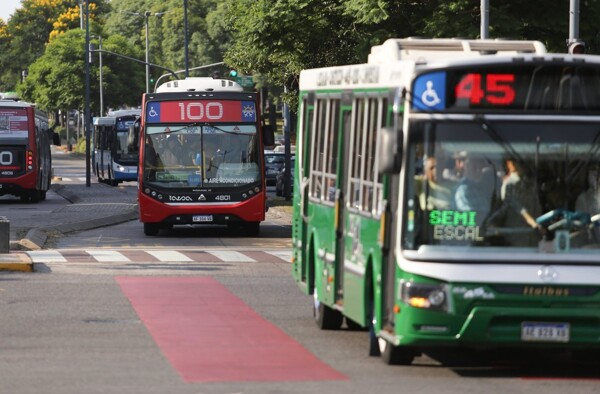
Following the repeal of the Rental Law, the supply of rental properties in the City of Buenos Aires experienced significant variations. According to a survey, it initially increased by 14%, but then fell by about 8% in July, stabilizing around 20,000 units in recent months.
Regarding prices, the price per square meter for rent fell by 2.3% in the latest report, although it showed an increase of 22.5% in the cumulative for the semester. On the other hand, the price per square meter for sale decreased slightly by 0.8% in August after several months of increase.
In September, a report indicated that 2.88 minimum wages were needed to cover the rent of a two-room apartment excluding expenses, which continues to represent a critical situation for tenants in the city.
The distribution of properties by the number of rooms remains stable, with two-room units predominating in rentals, representing almost 40% of the supply. Studio apartments are also a significant part, making up more than 70% of the supply in half of the city’s neighborhoods. However, in Villa Lugano and Villa Soldati, three-room apartments represent more than 50% of the supply.
On the other hand, the Airbnb market showed in September the third month with the highest occupancy of the year, although average rates experienced a decrease of 5.5% compared to August after the winter season. The gap between earnings from an Airbnb rental and a permanent lease was reduced to half compared to July.
In terms of housing costs, the City of Buenos Aires has seen an accumulated increase of 133.4% so far this year, with a year-on-year increase of 221.1%, surpassing the general inflation indices according to a report from the Metropolitan Studies Center (CEM) called IV Housing Monitor in the City of Buenos Aires.














